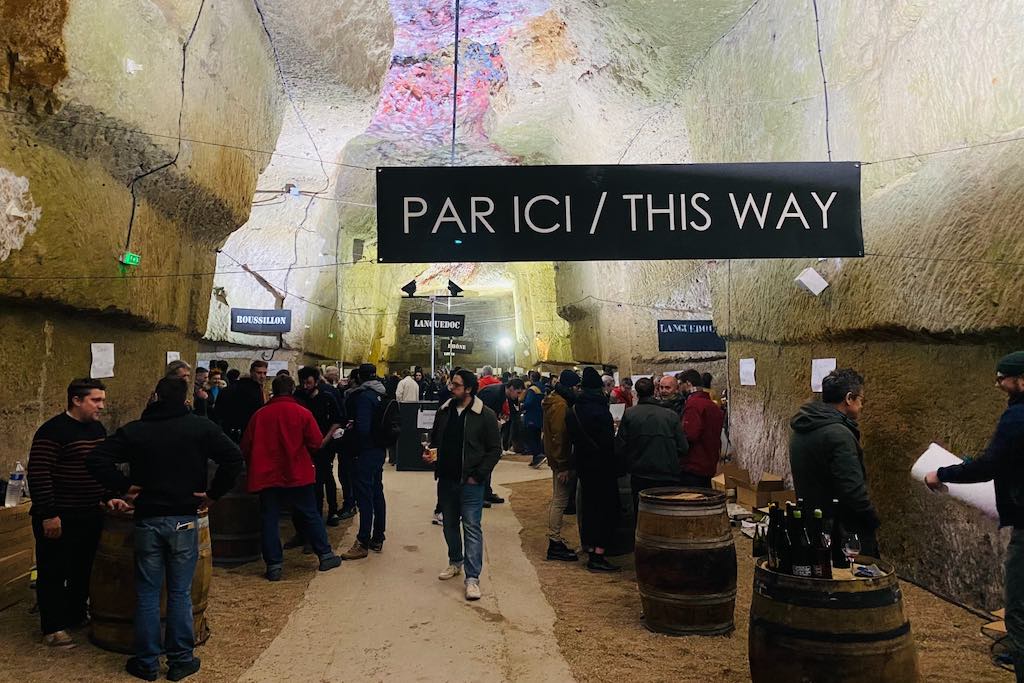Are you curious about what natural wine is and how it differs from e.g. organic wine – here’s natural wine explained.
Have you ever wondered exactly what lies beneath the term natural wine? Is it organic, biodynamic, or how is it more natural than other wines? All wines are made from grapes that are fermented, so isn’t all wines natural?
The confusion may have arisen because there is no exact definition to the term. It is more a sort of approach or philosophy on how to make wine with consideration for both nature and man.
While wine can be certified organic or biodynamic, natural wine is next to or often above organic and biodynamic production even though there is (yet) no official certification. So how does it differ from organic or biodynamic wine?
More than organic
Even though the terms are often used at random, natural wine is NOT synonymous with organic or biodynamic wine. But there is a reason to the misunderstanding since the terms are somewhat related.
One of the basic principles of natural wine is, that it is made with organically or biodynamically grown grapes and are following the overall guidelines for organic or biodynamic wine production. Natural wine thus refers to making wines without pesticides, chemicals and other additives.
But natural wine is much more than just organic or biodynamic production.
The natural part includes both that the wines must be produced with consideration for nature, but also that it must be as natural as possible.
So how do you make a wine “as natural as possible”?
Least possible impact
When making natural wine, the aim is to have as little intervention as possible. The wine should be allowed to develop with the least possible interference and influence.
This means, that the production processes must be as gentle as possible. The grapes are often harvested by hand and crushed gently with minimal use of machines. Also, the bottling is done gently to disturb the wine as little as possible.
Natural wine is fermented spontaneously by the naturally occurring yeast spores in the cellar. In contrast, conventional winemakers often use flavor-profiled yeast and can thereby control and manipulate the wine’s taste and aroma.
Using only spontaneous fermentation, it is not possible to control the wine’s taste and aroma in the same way. Instead, the authentic and original taste and aroma from the grapes will emerge and create the foundation of the wine.
Natural wine is wine without crap in it.
Alice Feiring
Natural wine: Nothing added – nothing removed
Overall, the flavour of a natural wine represents the grapes, the terroir and the winemaker’s touch without manipulation of the wine to taste in a certain way with help from additives, fining agents and the like.
Even though there is no official definition or certification for natural wine, there is an overall consensus that natural wine making is about minimal intervention in both the fields and the cellar.
Natural wine can be stated as wine with “Nothing added – nothing removed” or as Alice Feiring says in a more direct approach “Natural wine is wine without crap in it”.
Reference: Alice Feiring (2019) Natural Wine for the People. Ten Speed Press, New York.




